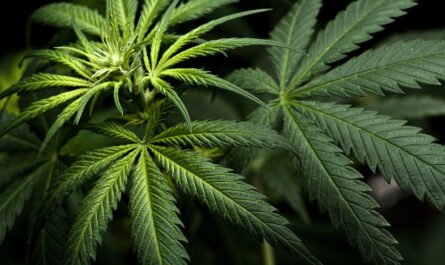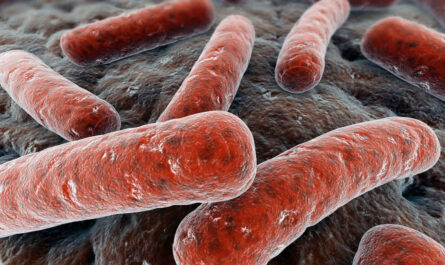A groundbreaking and highly effective treatment for drug-resistant tuberculosis is being introduced in the Asia-Pacific region, marking a significant milestone in the battle against one of the world’s most lethal infectious diseases.
According to the World Health Organization (WHO), the Asia-Pacific region accounted for the majority of the world’s estimated 10.6 million new TB cases in 2022, with more than half of the 1.3 million deaths attributed to the disease.
While TB can be successfully treated with antibiotics, over three percent of new TB patients develop resistance to commonly prescribed drugs, making treatment challenging. Until recently, patients with drug-resistant TB endured grueling treatment regimens involving daily painful injections or multiple pills for 18 months or longer, often resulting in severe side effects such as nausea and, in severe cases, blindness. This led to a high rate of treatment abandonment, with success rates hovering around 63 percent or lower.
However, a new drug combination known as BPaL is being rolled out in the Asia-Pacific region, including countries like the Philippines, Vietnam, and Indonesia. Clinical trials have demonstrated a cure rate of over 90 percent after just six months of treatment with BPaL, which consists of the antibiotics bedaquiline, pretomanid, and linezolid. Since its approval in over 60 countries by 2019, BPaL has shown promising results in transforming the lives of patients with drug-resistant TB.
The WHO updated its guidelines in 2022 to include BPaL as a recommended treatment option, with the possibility of combining it with another antibiotic called moxifloxacin. This new regimen has brought hope and relief to individuals like Efifanio Brillante, a Filipino cook diagnosed with drug-resistant TB in 2022. Brillante initially struggled with an older form of treatment that left him feeling nauseous and unable to work. However, after participating in a BPaL trial, Brillante was cured within six months with minimal side effects, expressing gratitude for being healed and acknowledging the life-saving impact of the new treatment.
Despite the significant progress, challenges persist in combating drug-resistant TB in the region. Issues such as patient compliance, access to healthcare facilities for diagnosis, and social stigma surrounding the disease continue to hinder efforts to control TB. The impact of the COVID-19 pandemic further exacerbated the situation by disrupting TB diagnosis and treatment.
Efforts are underway to accelerate the rollout of BPaL in countries like India, where the burden of TB remains high. Advocates emphasize the crucial role of this new regimen in providing effective and cost-efficient treatment for patients. Sandeep Juneja of the TB Alliance highlights the need for continued investment in research and development for TB drugs to further enhance treatment outcomes in the future.
As the Asia-Pacific region embraces this new era in TB treatment with the introduction of BPaL, there is optimism that more effective and streamlined therapies will continue to emerge, ultimately leading to a significant reduction in the global burden of drug-resistant TB.
*Note:
1. Source: Coherent Market Insights, Public sources, Desk research
2. We have leveraged AI tools to mine information and compile it



